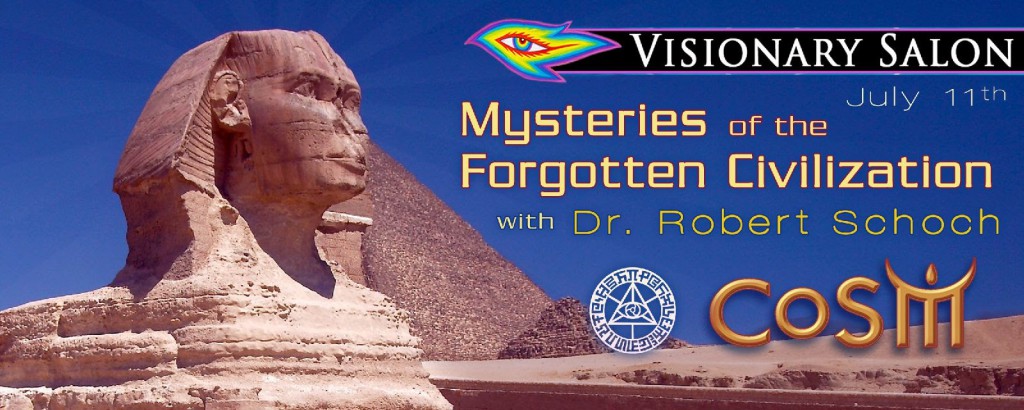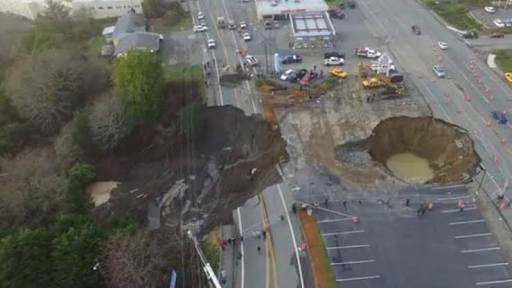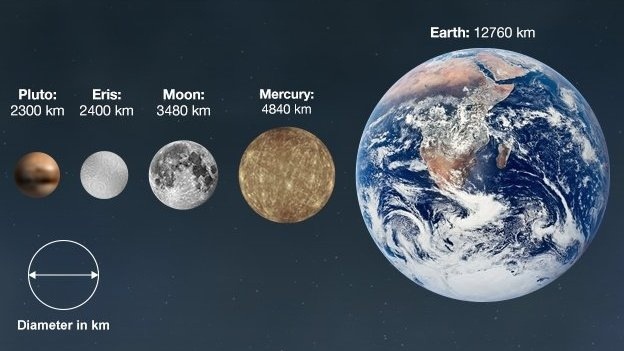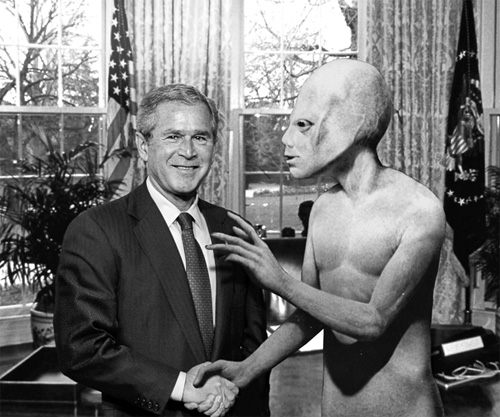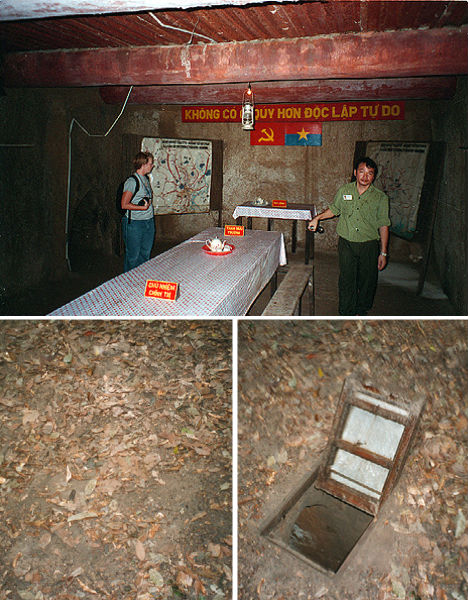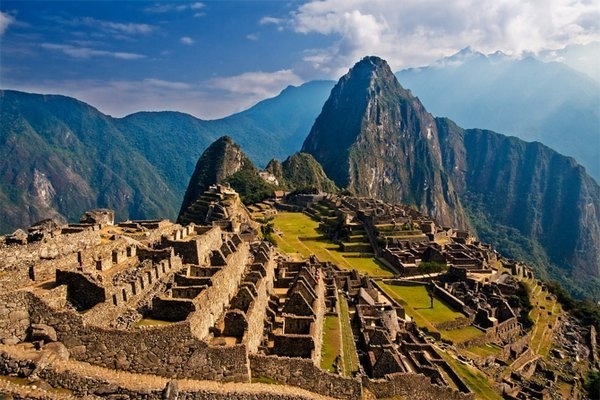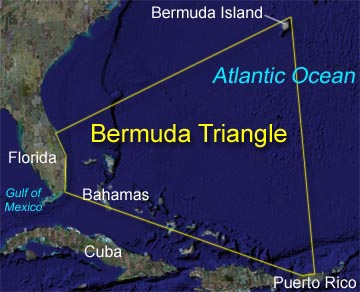Time Life’s “Lost Civilizations“: “Egypt: Quest for Immortality”. 1. Ancient Egyptian civilization lasted more than ______ years. A) 2 million. B) 1 million. C) 3,500.
Egyptian Treasures in the Grand Canyon
The April 5, 1909 edition of the Arizona Gazette featured an article entitled “Explorations in Grand Canyon: Remarkable finds indicate ancient people migrated from Orient.” According to the article, the expedition was financed by the Smithsonian Institute and discovered artifacts that would, if verified, stand conventional history on its ear. Inside a cavern “hewn in solid rock by human hands” were found tablets bearing hieroglyphics, copper weapons, statues of Egyptian deities and mummies.
Although highly intriguing, the truth of this story is in doubt simply because the site has never been re-found. The Smithsonian disavows all knowledge of the discovery, and several expeditions searching for the cavern have come up empty-handed. Was the article just a hoax? “While it cannot be discounted that the entire story is an elaborate newspaper hoax,” writes researcher/explorer David Hatcher Childress, “the fact that it was on the front page, named the prestigious Smithsonian Institution, and gave a highly detailed story that went on for several pages, lends a great deal to its credibility.
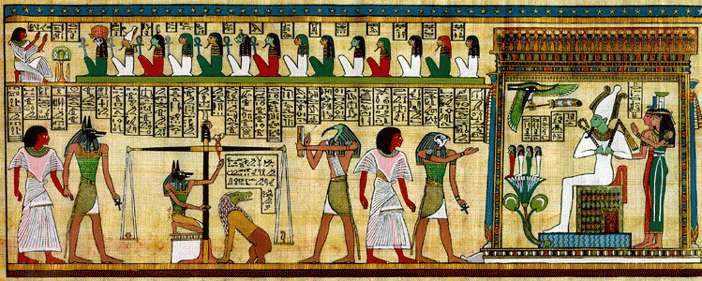
It is hard to believe such a story could have come out of thin air.”
More information: Archeological Coverups
Ancient Egyptian Treasures In The Grand Canyon?
Age of the Pyramids and Sphinx
Most Egyptologists believe the Great Sphinx on the Giza plateau is about 4,500 years old. But that number is just that – a belief, a theory, not a fact. As Robert Bauval says in “The Age of the Sphinx,” “there was no inscriptions – not a single one – either carved on a wall or a stela or written on the throngs of papyri” that associates the Sphinx with this time period. So when was it built? John Anthony West challenged the accepted age of the monument when he noted the vertical weathering on its base, which could only have been caused by long exposure to water in the form of heavy rains. In the middle of the desert? Where did the water come from? It so happens that this area of the world experienced such rains – about 10,500 years ago!
This would make the Sphinx more than twice its currently accepted age. Bauval and Graham Hancock have calculated that the Great Pyramid likewise dates back to about 10,500 B.C. – predating the Egyptian civilization. This raises the questions: Who built them and why?
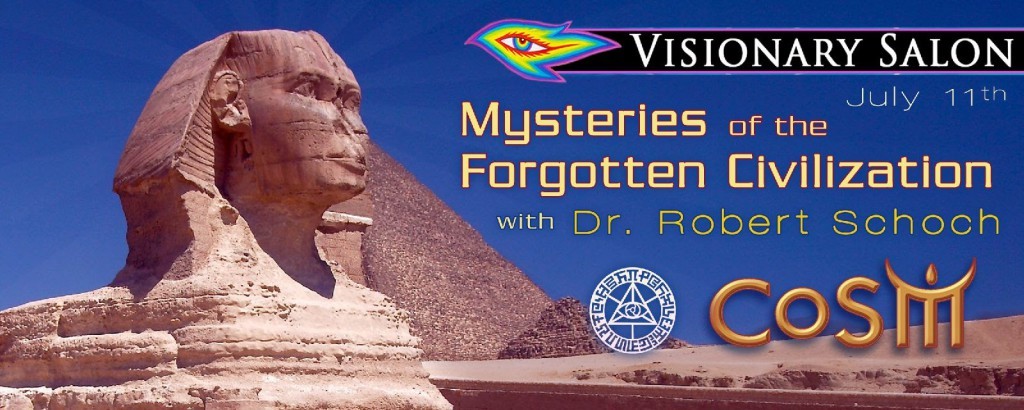
Originally posted 2016-02-26 00:28:19. Republished by Blog Post Promoter

